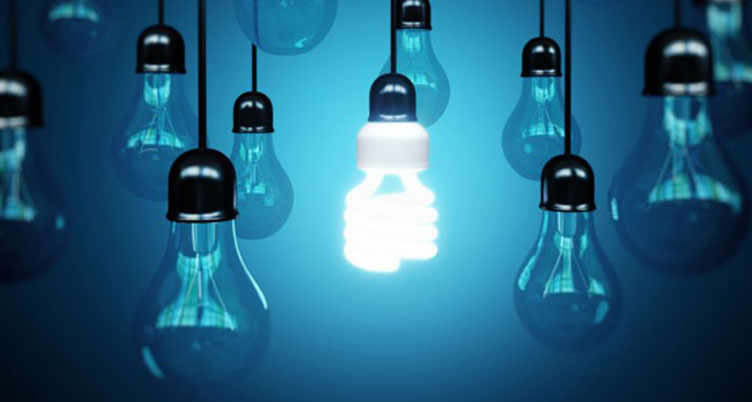Imagine harnessing the abundant solar energy of the South to power your home. How efficient could you make it? Could it support your whole lifestyle, or could it go even further, selling excess power back to the grid? It might surprise you to learn that, yes, your household can become a net-zero energy consumer, and you can also contribute to a cleaner environment. If this interests you, follow along for an exciting journey into the world of electrical efficiency.
Understanding Energy Efficiency
When talking about electrical efficiency, it refers to the use of less energy to perform a task or operation. Here in the South, there is a fantastic opportunity to lean into technology advancements and significantly cut down on wasted electricity. Instead of using conventional means of power production, you can switch to renewable energy sources like solar power.
The Wheel of Sustainability
Gaining traction in this sustainability cycle sets a positive course for the future. As more southerners embrace renewable energy and harness its cost-effectiveness, the demand for non-renewable fuel resources decreases. By learning how to create more energy than you consume, you take a significant step towards joining this forward-thinking wheel of sustainability.
Investing In Solar Energy – Worth It?
When thinking about shifting your entire household onto solar power, cost is often the first concern. While the initial investment is relatively high compared to traditional power sources, long-term savings offset these initial costs substantially and ensure renewable energy sources like solar power are worth investing in.
The Southern Advantage
Using solar energy in the South comes with natural advantages because sunlight is abundant. Solar panels receive more exposure throughout the year than their counterparts in the northern regions. This abundance of sunlight equates to producing and storing more energy, which consequently lowers reliance on traditional power sources.
The Efficiency of Solar Panels
Solar panels convert the sun’s energy into electricity, and over time advances in technology have substantially increased their efficiency. Modern solar panels can convert about 20% of the sun’s energy they capture into useful electricity. This increase in efficiency also means that fewer panels are needed to generate the same amount of electricity, reducing the overall system cost.
Storing Surplus Energy
Storing excess energy generated from sun rays during peak sunlight hours provides power when the sun is not shining brightly. Solar batteries enable homeowners to store unused energy generated during the day and draw from it when needed.
Tackling Energy Vampires
In homes, numerous appliances use up unnecessary energy even when turned off, earning them the name ‘energy vampires.’ By addressing these, you can cut unnecessary power waste. Unplugging devices not in use and using power strips are practical ways to tackle these energy vamps.
Educating Other Household Members
In harnessing electrical efficiency, education plays a crucial role. Teaching other household members about energy conservation will aid in adopting a more efficient lifestyle in consuming electricity, further proving beneficial for the environment.
The Role of Insulation
Depending on your home’s location within the Southern region, insulation can play a vital role. Insulation helps keep cool air inside during hot summers – helping your air conditioning units work less with lower energy costs as a result.
Regular Energy Audits
An energy audit is an assessment of your home’s energy use and where losses may occur. Regular audits identify ways you can improve electrical efficiency within your household and serve as a tool to track progress in your energy-savings journey.
Light Efficiency 101
Switching to energy-efficient lighting is an easy step you can take towards an energy-efficient home. Replace incandescent light bulbs with LED or CFL bulbs, which are more efficient and last longer. Even natural light can be an eco-friendly way to illuminate a space during daylight hours.
Smart Home Integration
Smart home technology has made strides in advancing household energy efficiency. Automating your home’s heating, cooling, and lighting systems can significantly reduce electricity consumption and reduce waste.
The Net-Zero Energy Consumer Goal
Aim to establish your home as a net-zero energy consumer – producing as much energy as it uses. While succeeding may be challenging, reaching this goal is within reach using the tools available and your commitment to efficiency and sustainability.
The Sustainability Impact
As each household embraces electrical efficiency in the South, individuals help decrease the collective carbon footprint. Households become part of a larger sustainable community – each playing their own integral part toward achieving a cleaner future.
The Journey Ahead
This shift towards an electrically efficient future is indeed a journey, filled with learning curves, investments, and discoveries. By following measures discussed here and utilizing Southern sunlight generously, with commitment and a little bit of patience, you will soon harness benefits in cost savings, sustainability impacts that go beyond your household, and the immense satisfaction of contributing positively to our planet.




